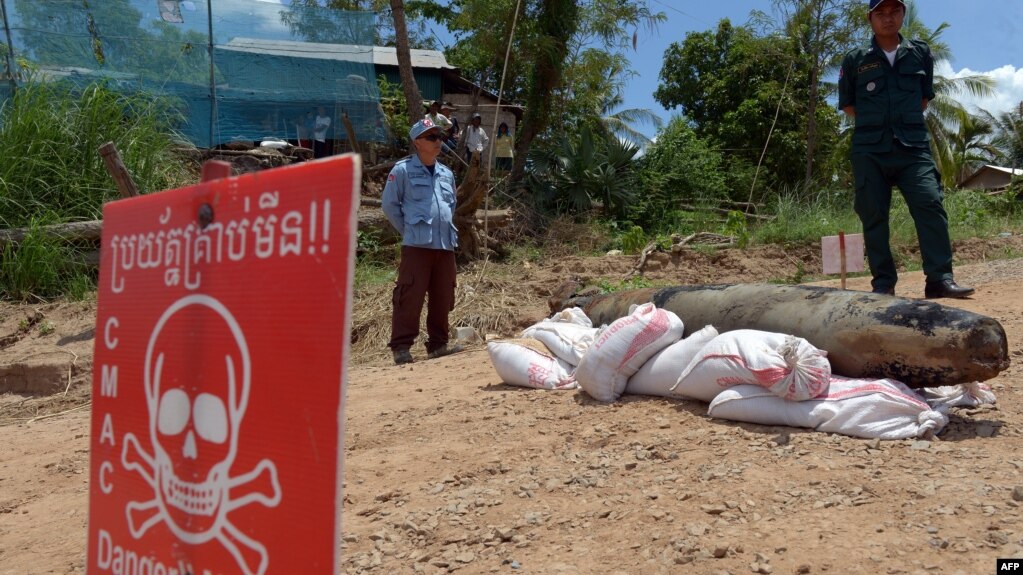By: Sarah Louise Purtill
Impunity Watch Reporter, North America
YELLOWSTONE PARK, U.S. – There is a little known fact about Yellowstone National Park that has captured the interest of many people around the country. Michigan State University law Professor, Brian Kalt, published a paper called “The Perfect Crime” which details how you can potentially get away with murder in a 50 square mile section of Yellowstone National Park in Idaho. Kalt writes that he has always wondered how there was a “forgotten constitutional provision, combined with an obscure statute, that together make it possible for people in the known to commit crimes with impunity.”
Kalt calls it the “zone of death.” It is created by a legal loophole. Before Montana, Wyoming and Idaho became states, Yellowstone National Park was founded in 1872. Although the majority of the park sits in Montana, there are portions that lie in both Idaho and Wyoming. As a national park, Yellowstone falls under federal jurisdiction. Kalt points out that the District Court which hears the issues in Yellowstone National Park sits in Wyoming. This is true despite the fact that Yellowstone also has land in those two other states. Thus, unlike any other District Court in the United States, the District of Wyoming includes land of other states. The zone of death is the 50 square miles of Yellowstone National Park that sits in Idaho.

If someone commits a murder in that section, they are automatically tried in Wyoming. However, the Constitution states that trials should be held in the state where the crime was committed. So, someone may demand the trial be held Idaho. Once there, a local jury would be called to serve on the case. But there is no one who lives in that 50 square mile section of Yellowstone in Idaho. Because that section is federal land, no one is allowed to live there. Unless the murder approves of the trial being held in Wyoming, the trial cannot be held at all.
“The courts may or may not agree that my loophole exists, and in any case this Essay is not intended to inspire anyone to go out and commit crimes,” Kalt concludes. “Crime is bad, after all – but so is violating the Constitution. If the loophole described in this Essay does exist it should be closed, not ignored. In sum, when Congress set up this park and admitted these three states, it made a mistake,” Kalt writes.
“Congress can be forgiven on the park side because Yellowstone was the world’s first national park, and there was no precedent.” He then adds that “But Congress should have known how to set up states, having done it forty times before.”
Kalt argues that there is a solid chance they could get away with murder using your Constitutional rights, but there are still other ways you could be punished.
“If the government could not prosecute you, your victims and their families could sue you. Of course, if they get wind of your Constitutional argument before you leave the scene of the crime, they could just give you a dose of your own medicine, administering vigilante justice with similar impunity.”
Currently, no changes have been made regarding this “loophole” for murder in Yellowstone National Park.
For more information, please see:
Forbes – ICYMI: You Can Get Away With Murder In Part Of Yellowstone National Park – 26 November 2017
Fox News – The Best Place to Commit a Crime in America? Yellowstone National Park – 22 November 2016
Vox – Yellowstone has a 50 Square Mile “Zone of Death” Where You Can Get Away With Murder – 29 October 2016
Vice – There’s a Section of Yellowstone Where You Can Get Away With Murder – 4 August 2016



